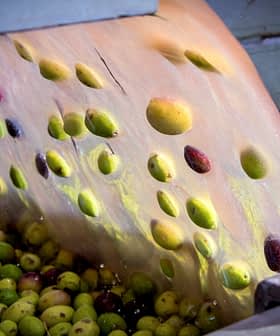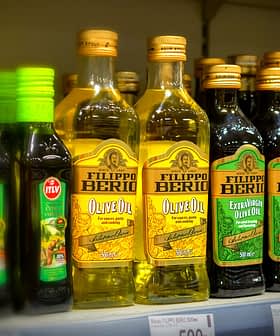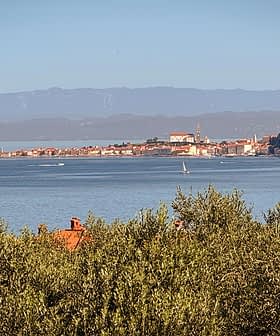 7.1K reads
7.1K readsBasics
To Filter or Not Filter? Well, it Depends.
People have strong preferences for filtered or unfiltered olive oil, but the scientific evidence on the effects of filtration remains inconclusive. Filtering can remove suspended solids for a clearer appearance, but may also impact the quality and shelf life of the oil depending on various factors.
Filtered or non-filtered? Cloudy or Clear? Asked how they prefer their olive oil, people tend to be in one camp or the other, for reasons they’re not quite sure of and often with little basis in facts.
Producers of extra virgin olive oil weigh the implications of filtering on the quality of their product through its shelf life and the often divergent preferences of their customers.
With the aim of bringing a little clarity to the filter-or-no-filter question, researchers at the University of California at Davis Olive Center set out to review the scientific evidence on the effects of filtration. What they found in a report released today, is that, while each option has its pros and cons, the answer remains a little murky.
The effects of filtration depend on the chemical and sensory profiles, quality of the initial oil, the type of filter aid and system, and storage conditions.
To make olive oil, olives are washed and crushed into a paste that is stirred (or, malaxed) before being pressed, or spun in a centrifuge. What’s left after removing the water is unfiltered olive oil.
Those little bits floating around include pieces of olives, water and enzymes that make the oil cloudy in appearance. Some people find unfiltered olive oil to be more flavorful. Others look at the ominous sediment at the bottom of the bottle and think the oil has gone bad.
Filtering the oil removes the suspended solids, resulting in a clearer appearance. But it might also remove some of the healthy phenolic compounds and actually decrease the shelf life of the oil, depending on the type of filter used.
“The suspended solids contain water and enzymes that impair oil stability, increase fermentation and degrade the oil’s sensory quality,” the Davis researchers found. “By removing these solids, filtered oil has less water activity, clearer appearance, less green color, and no deposits in the storage container.”
“On the other hand, the literature also shows that filtration can have negative impacts on a variety of parameters.”
So which is better? Filter or unfiltered? As it turns out, the Davis team discovered, research suggests the effect of filtration depends on “the chemical and sensory profiles, quality of the initial oil, the type of filter aid and system, and storage conditions.”
Which means producers need to take those factors and the myriad of other moving parts of olive oil production into consideration to determine which filtration technologies, if any, will yield the best results.
As for the rest of us, it could just remain a matter of personal taste.









